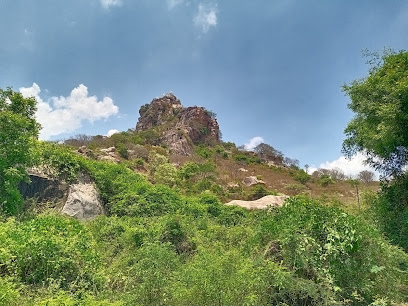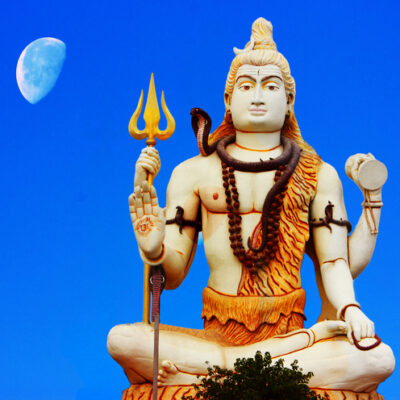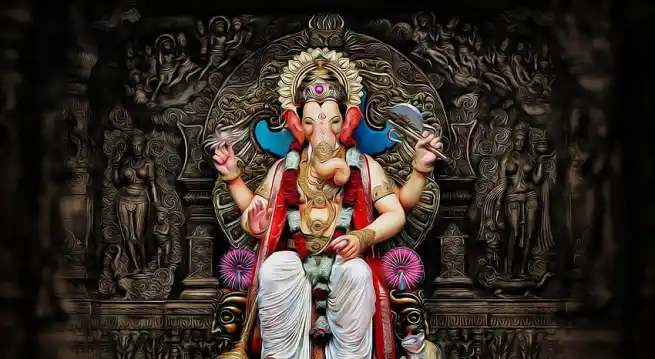Vengundram Sri Venguneswara Hill (Thavalagiriswara Hill) Temple- Thiruvannamalai

Address
Vengundram Sri Venguneswara Hill (Thavalagiriswara Hill) Temple- Thavalagiri hills, Vengundram Village, Vandavasi Town, Tiruvannamalai district Tamil Nadu 604408
Deity
Sri Venguneswara/ Thavalagiriswara Amman: Parvathi
Introduction
- Location: The Venguneswarar Temple is situated at the summit of Thavalagiri Hill in Vengundram Village, near Vandavasi Town, within the Thiruvannamalai District of Tamil Nadu, India.
- Historical Significance: This ancient temple is believed to be around 1,000 years old and stands at a height of 1,500 feet.
Puranic Significance
- Historical Context: The temple is thought to have been constructed during the Pallava dynasty. Two important inscriptions have been found on the hill:
- An 8th-century inscription from the reign of Nandivarma Pallava, documenting the Grama Sabha (village assembly) of Vengundram Village.
- A bilingual inscription from the Vijayanagara period, featuring Telugu on one side and Sanskrit on the other, detailing grants and renovations to the temple.
- Mythical Accounts:
- Sage Vyasa: According to legend, Sage Vyasa, during a pilgrimage, noticed a beautiful white mountain and installed a Lingam at its summit. He also excavated a sacred water source known as Vyasa Theertham, using its water for daily worship. The Lingam was thus named Venguneswarar / Thavalagireeswarar, with “Venmai” or “Thavalam” meaning “white.”
- Lord Murugan: After defeating Tarakasura, Lord Murugan sought Jyoti darshan (vision of divine light) from Lord Shiva. Upon arriving at Thiruvannamalai, he was instructed to worship Shiva at Thavalagiri, where he created the Kumara Theertham using his Vel (lance) and received the darshan. The Lingam representing Lord Shiva here is known as Arunachaleswarar.
- River Ganga: The Ganga River, once dirty due to human sins, was advised by Lord Shiva to worship him at Thavalagiri to regain her beauty. After performing her devotion here, she was restored to her pristine form.
- Indra Theertham: Legend holds that Indra, along with the Devas, visited this temple to worship Lord Shiva and created a sacred water source during their prayers, which is now referred to as Indra Theertham.
Special Features
- Hilltop Location: The temple is accessible via a flight of steps, although much of the path lacks proper steps, adding to the challenge of reaching the 1,500 feet summit.
- Orientation: The temple faces east, with the sanctum comprising the Sanctum Sanctorum, Antrala, and Mukha Mandapam.
- Deity and Shrines:
- The presiding deity, Thavalagireeswarar / Venguneswarar, is enshrined as a Lingam facing east.
- The temple includes shrines for Nandi (the sacred bull), Balipeedam, and Chandikeswarar in their usual locations, as well as a separate shrine for Parvathy, facing south.
- Additional shrines for Vinayagar (Ganesha), Murugan, and Annamalaiyar are located at a lower level from the sanctum.
- Theerthams: The temple is associated with three sacred water sources: Kumara Theertham, Vyasa Theertham, and Indra Theertham.
- Sthala Vriksham: The sacred tree of the temple is Kanni Vilwam.
Festivals
- Karthigai Deepam: The most celebrated festival, marked by the lighting of the Bharani Deepam at 4:00 AM at the Kailasanathar temple at the foothill, followed by the lighting of the Karthigai Deepam atop Thavalagiri Hill at 6:00 PM. This flame can be seen from a distance of 10 kilometers and continues for three days.
- Monthly Pradoshams: Observances of the Pradosham festival, dedicated to Lord Shiva, take place each month, involving special rituals and prayers.
Century/Period/Age
1000 Years old
Managed By
Hindu Religious & Charitable Endowments Department (HRCE)
Nearest Bus Station
Vandavasi
Nearest Railway Station
Melmaruvathur Station
Nearest Airport
Puducherry







